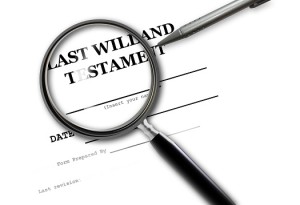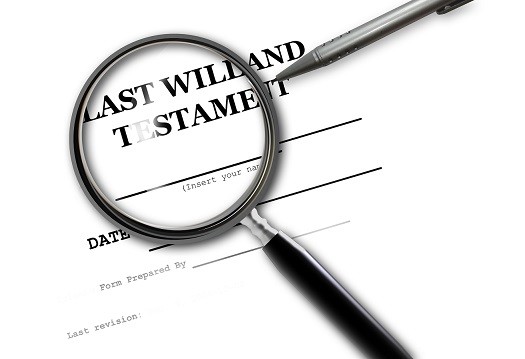 The Ontario government recently brought into force new regulations that change how it deals with estate administration tax (commonly known as probate fees). As of January 1st, 2015, an executor (or estate trustee) is required to complete and file an Estate Information Return (EIR) with the Ontario Ministry of Finance. This is in addition to the court Application for a Certificate of Estate Trustee (commonly known as probate).
The Ontario government recently brought into force new regulations that change how it deals with estate administration tax (commonly known as probate fees). As of January 1st, 2015, an executor (or estate trustee) is required to complete and file an Estate Information Return (EIR) with the Ontario Ministry of Finance. This is in addition to the court Application for a Certificate of Estate Trustee (commonly known as probate).
If an executor fails to file the EIR or if the executor files the EIR and is audited and found to have made “false or misleading statements” on the EIR, the executor is liable, on conviction, to a fine of at least $1,000 plus up to twice the estate administration tax that was not paid. Imprisonment of not more than two years is also possible. Audits can occur up to four years after the court Certificate has been issued.To ensure an executor is prepared for an audit, an executor needs to have clear written proof of how the value of estate assets was determined. For assets such as investments, bank accounts and the like, values will be relatively easy to prove based on statements from financial institutions. Other assets such as household goods and personal effects, china, artwork, paintings, sculptures, coin and stamp collections, vehicles and boats, and shares in a private corporation are not as easily valued. Written formal appraisals are strongly recommended but can be costly and time-consuming to obtain. Besides the additional cost to the estate, there will be delays in obtaining the Certificate which the executor needs before dealing with estate assets.
To avoid the additional cost and delays to the estate and to make it easier for your executor, an effective solution is to have two Wills – a Primary Will and a Secondary Will. The Primary Will deals with assets that we expect will require a court-issued Certificate before the executor can deal with them such as your home and investment accounts. The Secondary Will deals with assets that we expect will not require a Certificate before the executor can deal with them such as your car, your household goods, and shares in a private corporation. Since a Certificate is not necessary to administer these assets, appraisals are not required and the assets will not be subject to an audit. The savings in the cost of appraisals can be significant and the peace of mind for your executor will be priceless.
In some cases, there may be no need for a Certificate and therefore no audit can occur. This is usually the situation if a spouse dies and all assets were either jointly owned by the spouses or the surviving spouse is named as a beneficiary.
If you would like to discuss whether having two Wills is the right estate planning strategy for you, email info@6b3.e97.myftpupload.com or call 613.836.9915 to make an appointment to meet with me. We will review your unique situation and estate planning goals to determine if having two Wills makes sense for you.

Reproduction of this blog is permitted if the author is credited. If you have questions or if you would like more information, please call us at 613 836-9915. This blog is not intended to be legal advice but contains general information. Please consult a lawyer or other professional to determine how the information in this blog might apply to you.
Blog posts pre-dated December 1, 2015 were originally published under Neff Law Office Professional Corporation.

